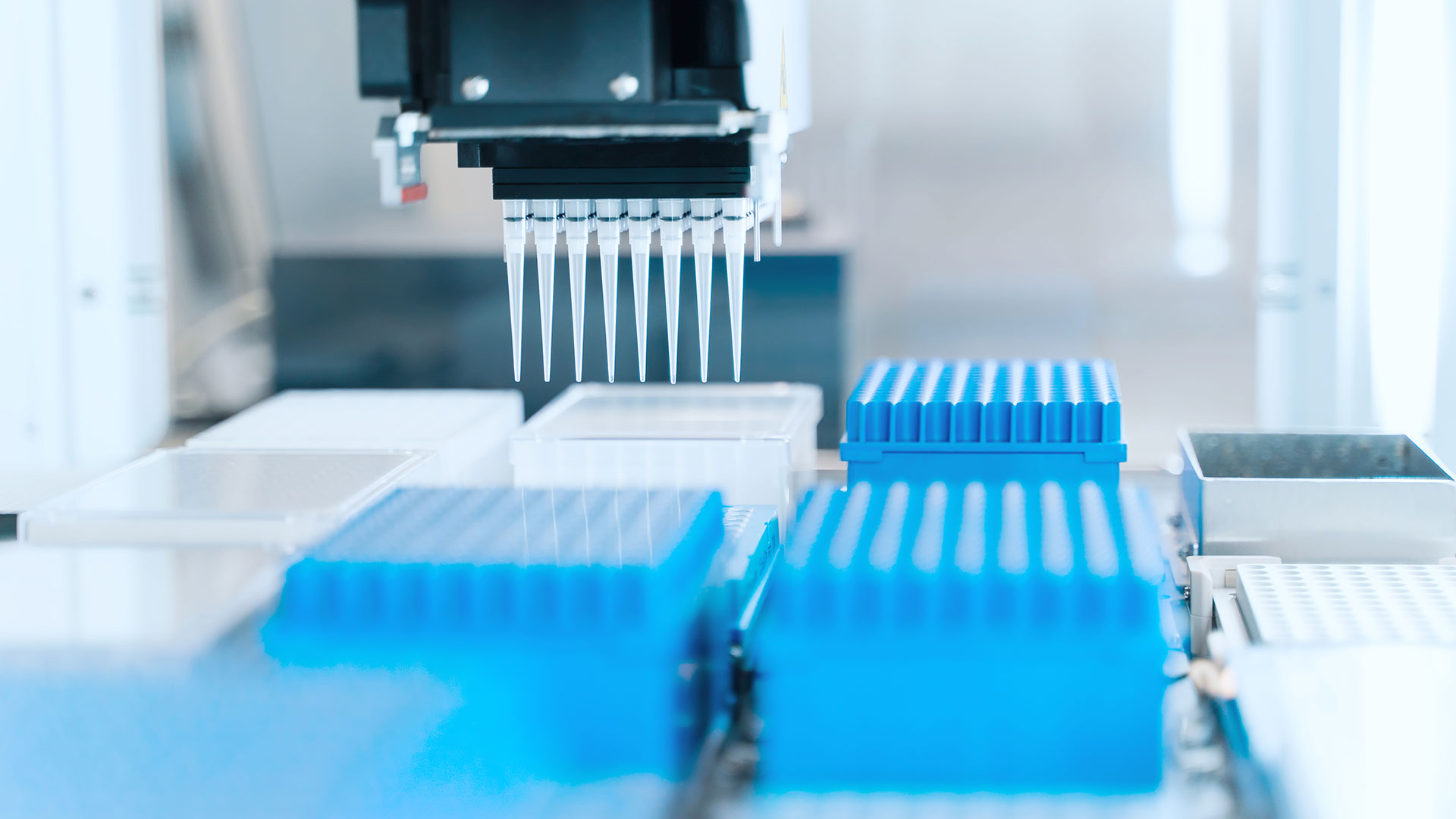DNA testing can identify whether or not a man is the biological father of a unborn child with 99% confidence from just 8 weeks into pregnancy. This non-invasive method uses a blood sample from the mother, and cheek swabs from the mother and alleged father. It is the safest way to determine fatherhood before a baby is born as it is not invasive, so there is no risk of miscarriage.
With over 50% of babies born to unmarried mums these days, there are many reasons why establishing paternity of the child before birth is worth doing. Uncertainty as to who is the father of the child can be stressful, and waiting till after the baby’s born to get a DNA test means months of worry. Knowing ahead of time can help with decisions about personal relationships before the baby’s birth instead of afterward when life gets considerably more complicated. Confirming the biological father before the baby’s born also enables some legalities to be sorted in advance.
The prenatal paternity DNA test establishes whether or not a man is the biological father of an unborn child. Paternity is excluded if the DNA test shows that a man is NOT the biological father.
Samples are processed in a UK ISO17025 Accredited lab for prenatal paternity testing. The FGIH has many years of experience in working with families doing paternity testing and counselling is available.
The test analyses fragments of the baby's DNA released from the placenta into the mother's blood using Next-Generation Sequencing. This advanced DNA profiling technology provides you with a highly accurate result to put your mind at rest. A DNA profile is constructed for each individual. The DNA profile of the unborn child is then compared with that of the mother and alleged father. If the markers of the unborn child do not match up with the markers of the alleged father, he is NOT the biological father. If the markers from the unborn child and alleged father match at all locations tested, then the probability of paternity is 99% or greater and this indicates that he is the biological father of the child. If they do not match he is excluded as the father.
All our prenatal paternity testing is performed in an ISO17025 Accredited UK Lab. Results are 100% accurate and reliable based on the samples received.

We send your sample collection kit containing everything you need for sampling the mother and alleged father. Kits are sent out the same day* in plain discreet packaging.
*If ordered before 2pm Monday to Friday

Follow the Instructions For Use. Take swabs and blood from the pregnant mother, as well as swabs from the alleged father. Send all samples and completed documentation to the lab using the pre-addressed packaging.

DNA is obtained from all the samples and the sequenced to obtain DNA profiles from mother, father and baby. Your samples will be processed in confidence with quality driven laboratory procedures.

Receive your confidential report via secure email within 7 working days of all the samples arriving at the laboratory. Counselling available on request.
There are no grey areas with the Forensic Genomics Innovation Hub Prenatal Paternity Reports. The result will be either 0% or greater than 99%.
Your kit will include easy to follow Instructions For Use, a Sample Consent Form, and return pre-addressed packaging, along with the following items to collect your samples:
4 x swabs + swab envelopes (2 for mother, 2 for for alleged father)
2 x 10ml Blood Collection tubes in secure return shipping packaging (for mother only)
Protective packaging
Pre-addressed envelope for return of all samples
QR codes for booking blood test through 2 national phlebotomy groups for your convenience
Do not remove the tops from the blood tubes. They contain a special clear liquid to stabilise the DNA in the blood sample. Blood is to be taken by a qualified phlebotomist. Tubes must be filled.

Our non-invasive prenatal paternity test is completely safe for you and your baby. The test requires 2 x tubes of blood from the pregnant mother's arm, along with cheek swabs from the mother and alleged father. Blood taking requires the services of a qualified practitioner. The FGIH has partnered with two national phlebotomy groups - Bloods & Beyond and GoodBody Clinic .
For your convenience your sampling kit will include a QR code to make a booking. You will be responsible for the cost of this appointment. You should take the swabs at the same time the blood is taken and post everything to the laboratory together.
Test Eligibility Calculator - click here to see how many weeks pregnant you are. Remember that you need to be at least 8 weeks pregnant to do the test. Click on "Calculate Based On - Last Period".

With full genetic profile sequencing, you will get definitive results that leave no room for doubt.

More than 20 years’ experience in DNA profiling, sequencing, counselling and customer service.

All samples are processed in total confidence in a ISO17025 Accredited lab for prenatal paternity testing.
